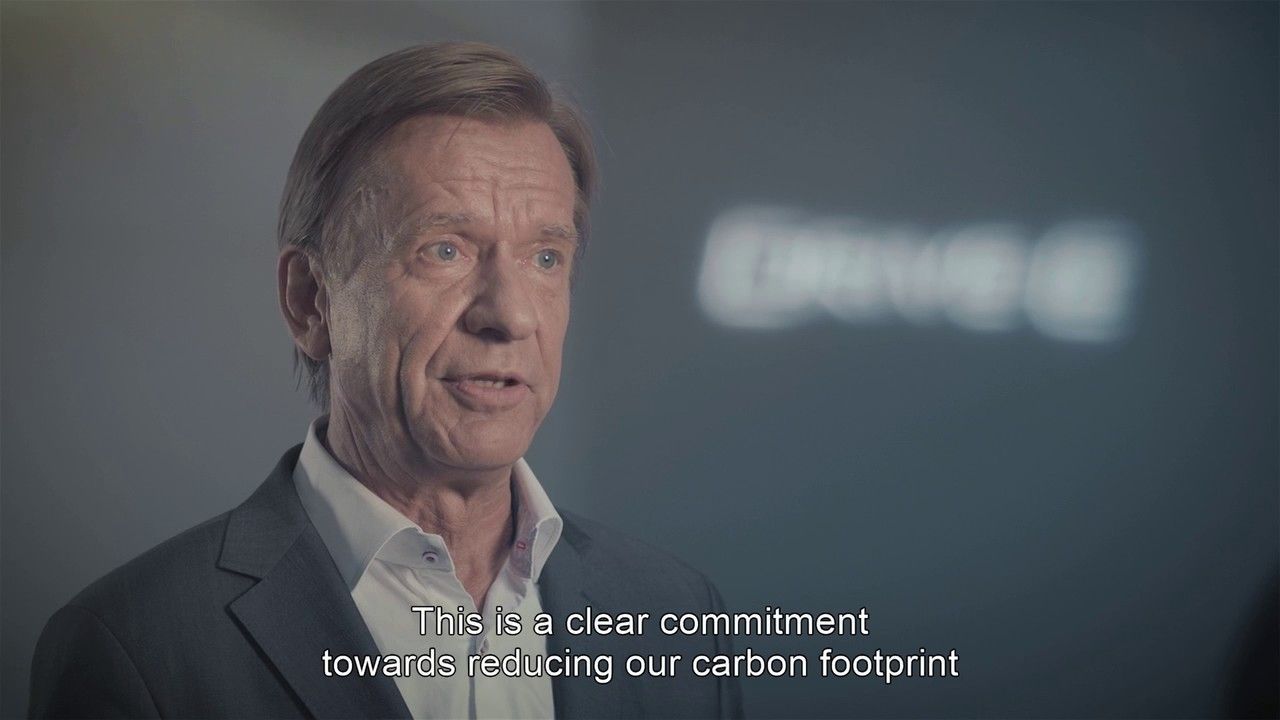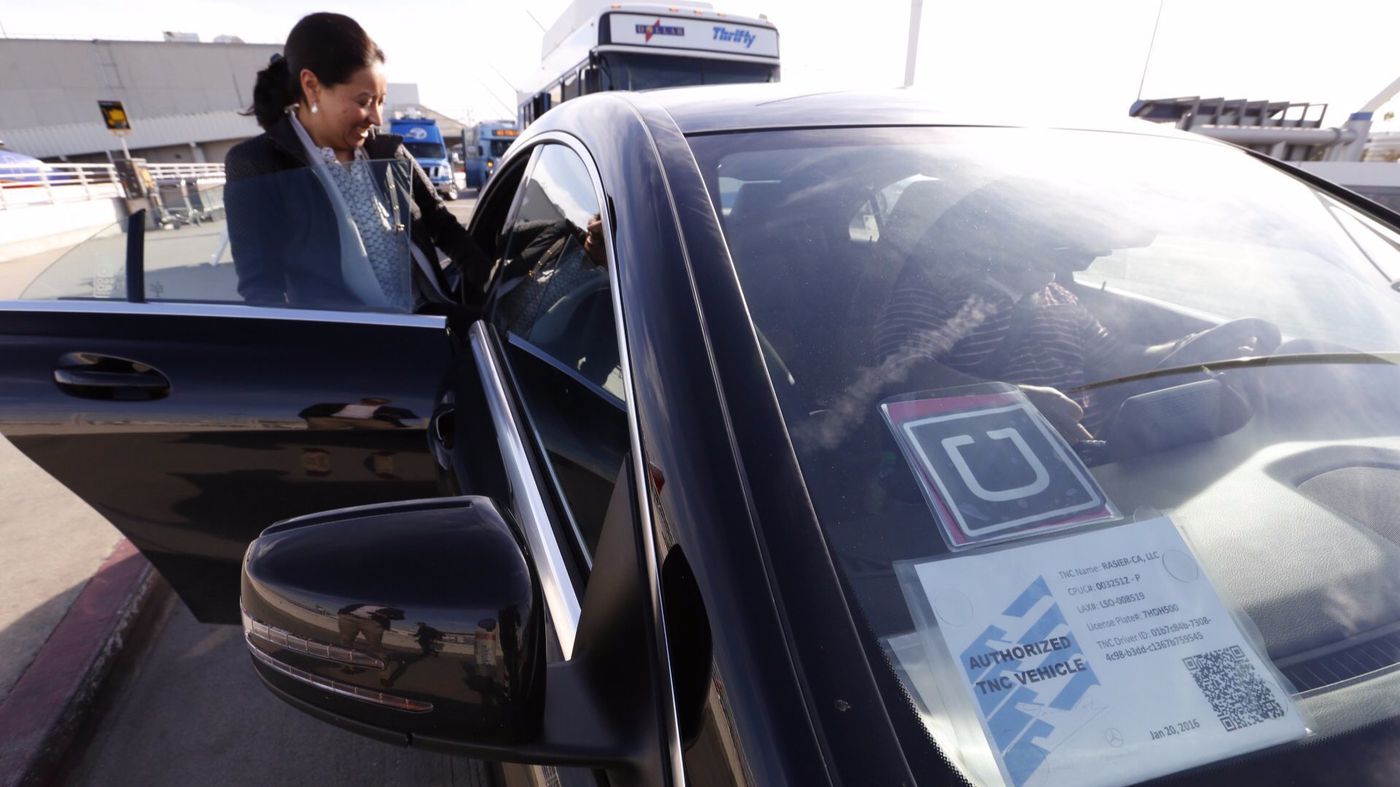Category: business

Former Intel president launches new chip company with backing from Carlyle Group — By Ron Miller | TechCrunch
“Ampere, a new chip company run by former Intel president Renee James, came out of stealth today with a brand-new highly efficient Arm-based server chip targeted at hyperscale data centers.”

UN Calls on Investors to Align Portfolios with Paris Agreement | UNFCCC
“Greater ambition to divest from fossil fuel investments and consistent climate action is needed from the global investor community to accelerate the move towards a low-carbon economy and a climate-resilient future, top UN officials said at a major investor summit in New York this week.”

A revolution in health care is coming
Will the benefits of making data more widely available outweigh such risks? The signs are that they will. Plenty of countries are now opening up their medical records, but few have gone as far as Sweden. It aims to give all its citizens electronic access to their medical records by 2020; over a third of Swedes have already set up accounts. Studies show that patients with such access have a better understanding of their illnesses, and that their treatment is more successful. Trials in America and Canada have produced not just happier patients but lower costs, as clinicians fielded fewer inquiries. That should be no surprise. No one has a greater interest in your health than you do. Trust in Doctor You.
NO WONDER they are called “patients”. When people enter the health-care systems of rich countries today, they know what they will get: prodding doctors, endless tests, baffling jargon, rising costs and, above all, long waits. Some stoicism will always be needed, because health care is complex and diligence matters. But frustration is boiling over. This week three of the biggest names in American business—Amazon, Berkshire Hathaway and JPMorgan Chase—announced a new venture to provide better, cheaper health care for their employees. A fundamental problem with today’s system is that patients lack knowledge and control. Access to data can bestow both.
The internet already enables patients to seek online consultations when and where it suits them. You can take over-the-counter tests to analyse your blood, sequence your genome and check on the bacteria in your gut. Yet radical change demands a shift in emphasis, from providers to patients and from doctors to data. That shift is happening. Technologies such as the smartphone allow people to monitor their own health. The possibilities multiply when you add the crucial missing ingredients—access to your own medical records and the ability easily to share information with those you trust. That allows you to reduce inefficiencies in your own treatment and also to provide data to help train medical algorithms. You can enhance your own care and everyone else’s, too.
Upgrade your inbox.

Ways AI Will Fight the Cybersecurity Battles of the Future
Cybersecurity risks are on the rise. While the high-profile breaches at Target and Yahoo! captured our attention, they have also distracted us from the prevalence of cybersecurity risks in everyday life. The number of cyber-security breaches has more than doubled over the past few years. In the third quarter of 2016, over 18 million new forms of malware were discovered. That is nearly a quarter of a million new types of malware every single day.
Unfortunately, some of the most vulnerable companies are those that are least equipped to address these concerns. Industry experts estimate that 45% of all cyber-attacks are launched against small businesses. Almost half of all small businesses have been attacked, although most of them don’t know it. Nearly 70% of small businesses are forced into bankruptcy within six months of a particularly severe cyber-attack.
Despite the risks, small businesses are under greater pressure to cut costs. They can’t always afford top-tier protection.

Volvo Becomes the First Premium Car Maker to Go All Electric
“Volvo cars is taking a bold step forward,” the company explained in a video on Volvo’s official Twitter account, “heralding the end of an era for the pure internal combustion engine.”
While other companies have yet to take the leap, Volvo knows investing in electric car production makes good sense from a business perspective: “This is about the customer,” Håkan Samuelsson, Volvo Car Group’s president and CEO, said in a press release. “People increasingly demand electrified cars and we want to respond to our customers’ current and future needs.”
It’s also a decision rooted in a sense of environmental responsibility, “We are determined to be the first premium car maker to move our entire portfolio of vehicles into electrification,” Samuelsson said in the video. “This is a clear commitment towards reducing our carbon footprint, as well as contributing to a better air quality in our cities.”

European Electricity Industry Pledges to Deliver on Paris Agreement | UNFCCC
“EURELETRIC, the association representing the interests of the electricity industry in Europe, has said the region’s power companies intend to be both part of a competitive European economy and reliably powered by clean, carbon-neutral energy.”

500 Companies to Commit to Science-Based Climate Targets | UNFCCC
“In an effort to spur further climate action at this year’s Global Climate Action Summit in September and at the United Nations Climate Change Conference (COP24) in December, Summit co-chair and Mahindra Group Chairman, Anand Mahindra today challenged businesses around the world to join the growing number of companies committed to setting greenhouse gas reduction targets in line with climate science.”
World Leading Multinationals Accelerating a Clean Economy — RE100 Report | The Climate Group | CDP
“A rapidly growing group of ambitious multinational businesses are actively reshaping the energy market through their global investment decisions and accelerating a zero emissions economy, a new report released today (Tuesday January 23) shows.”

Uber drivers, freelancers and other independent contractors are getting a tax cut — By Andrew Khouri | Los Angeles Times
““Every Uber driver, as far as I can see, gets a benefit,” said Edward Kleinbard, a USC professor and former chief of staff to Congress’ Joint Committee on Taxation.”